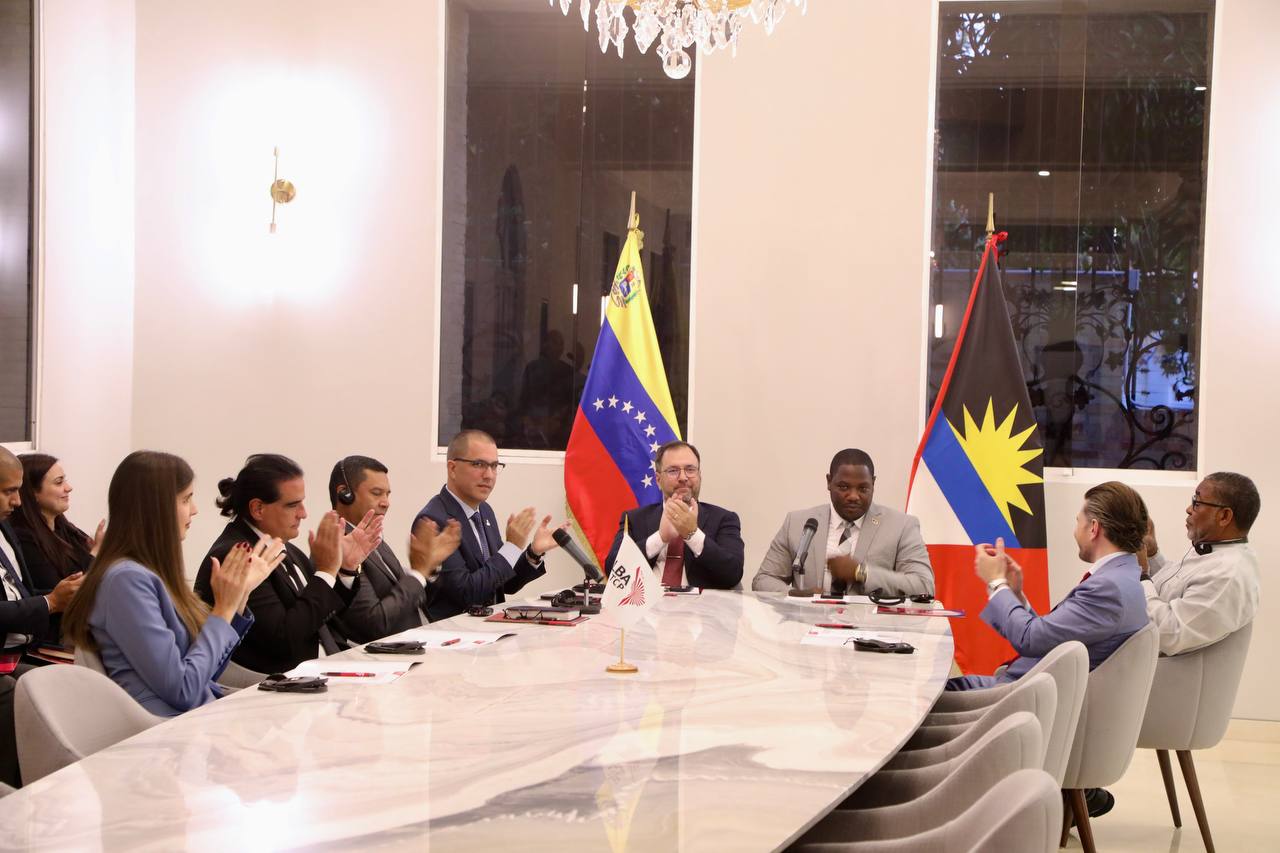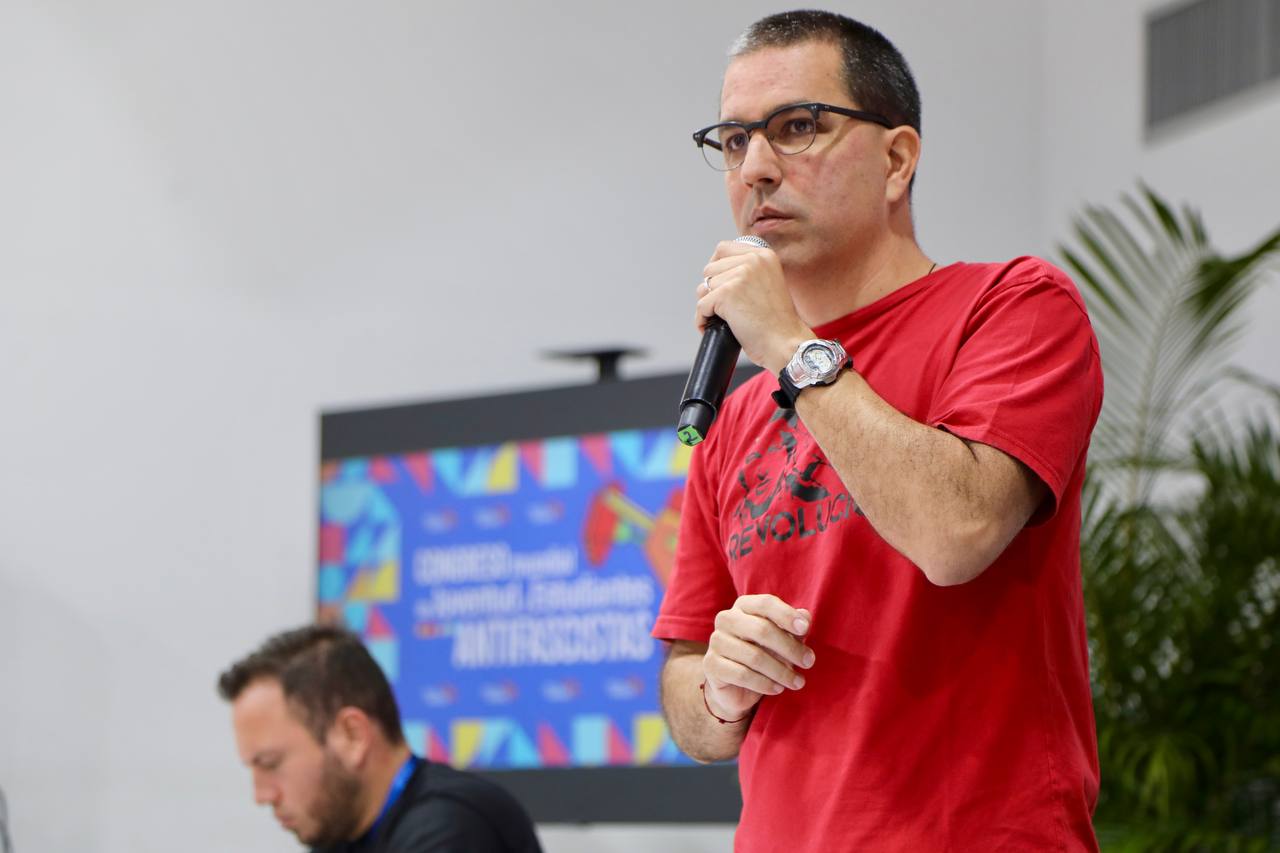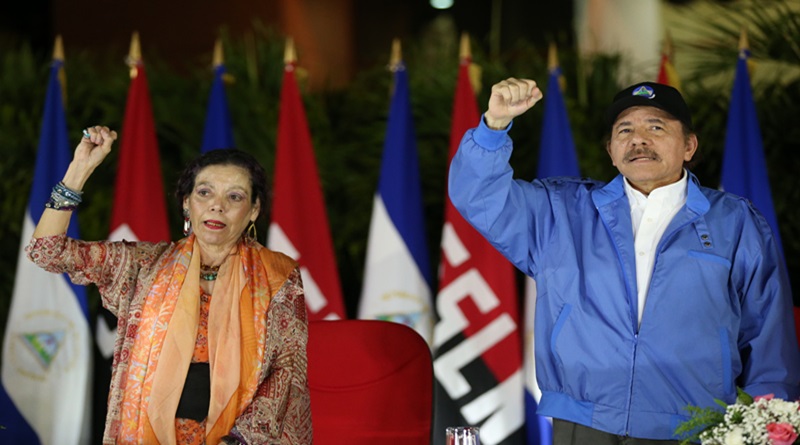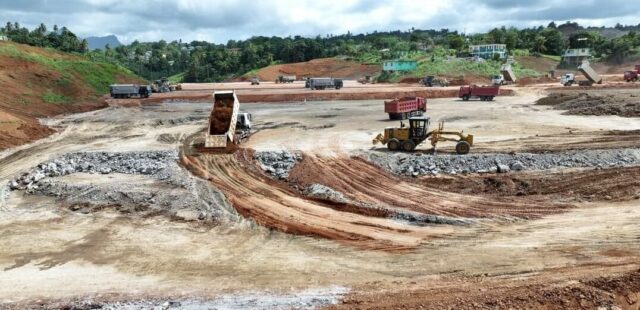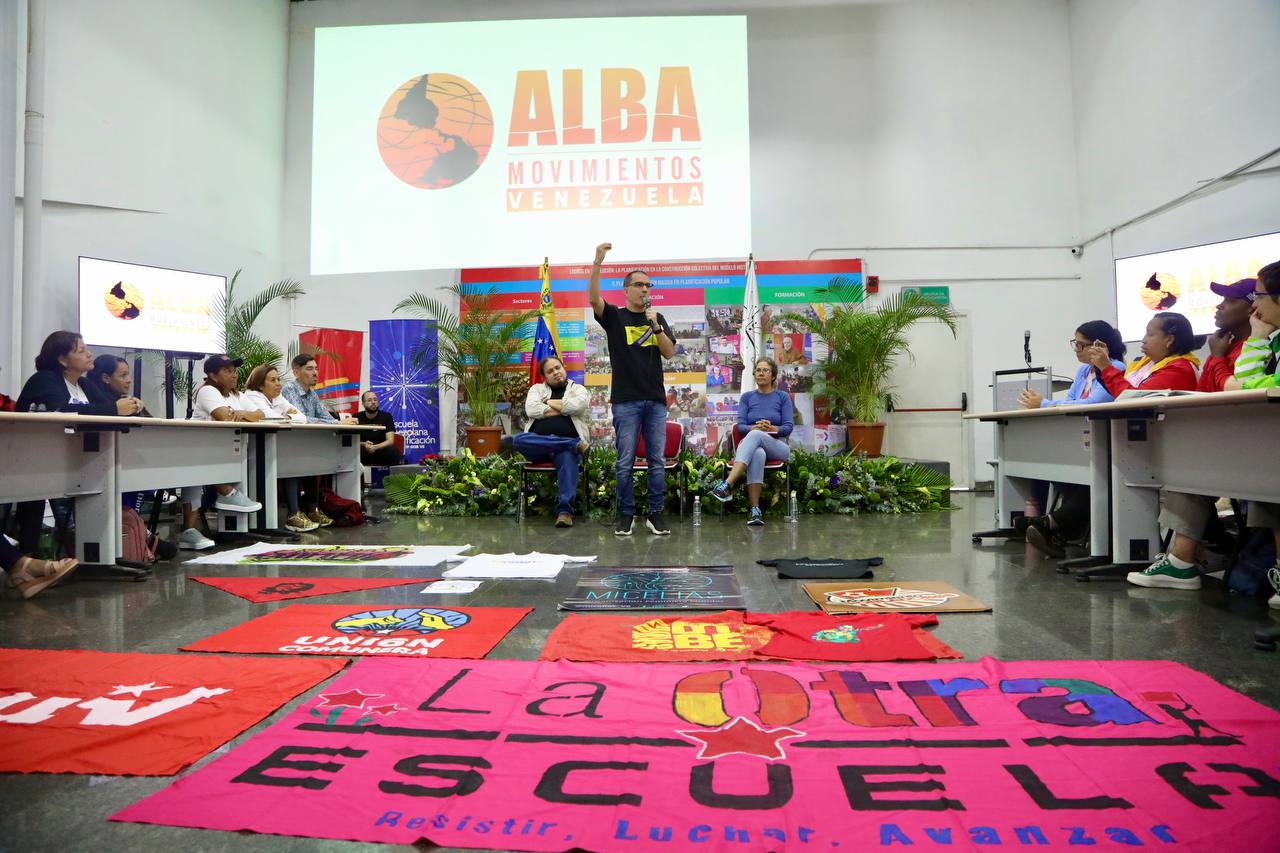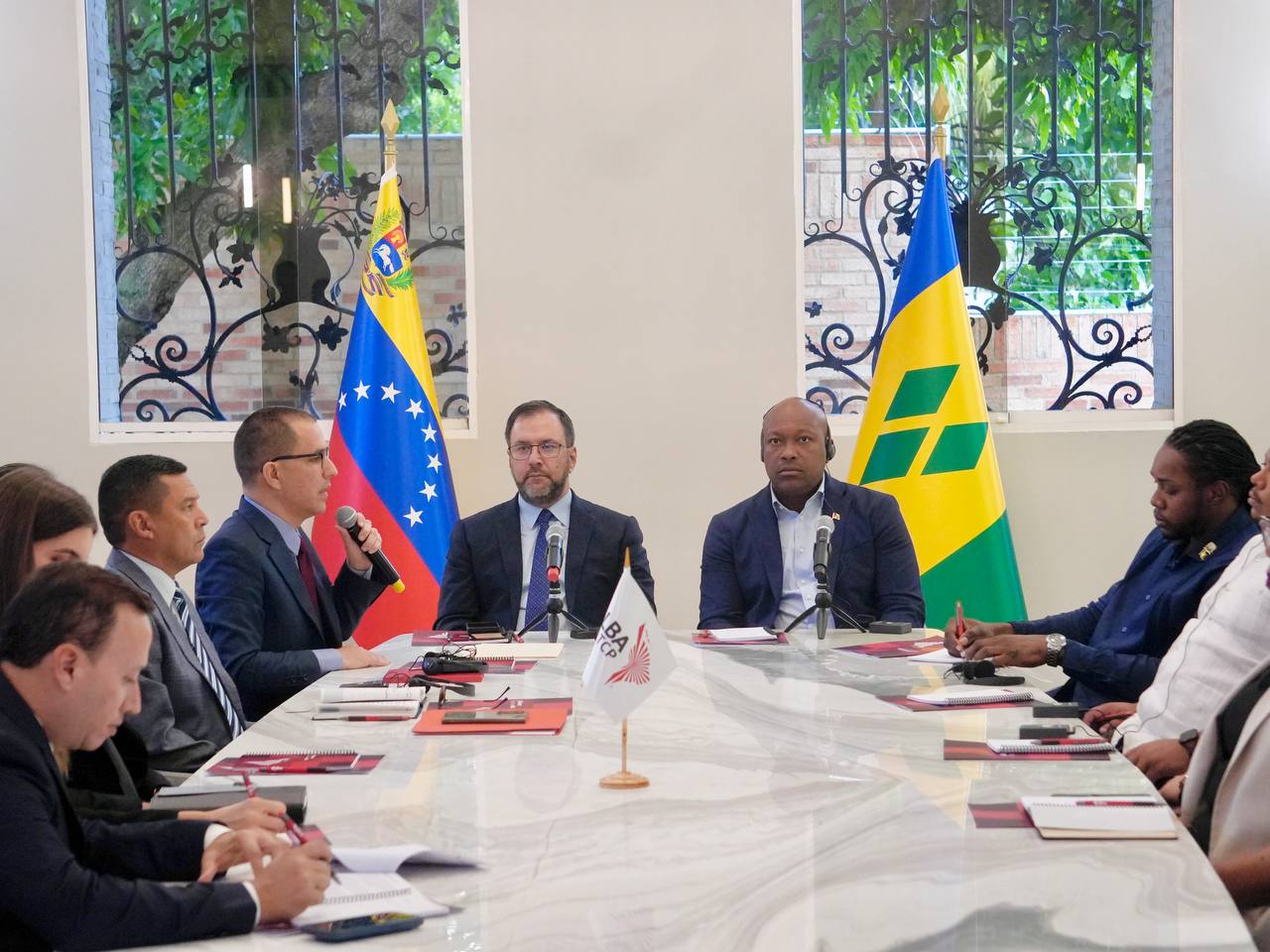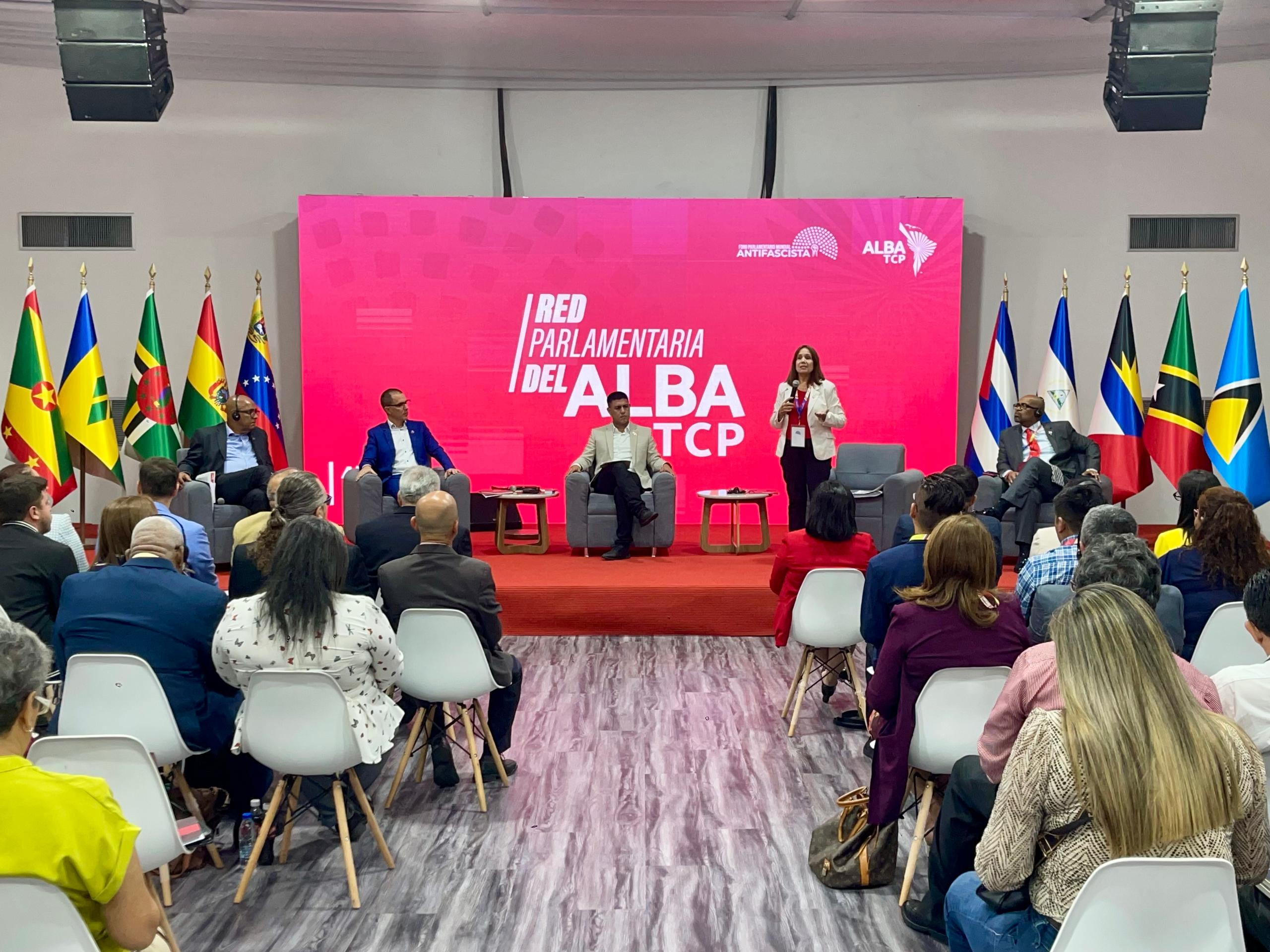Caracas, November 10, 2024 – The National Meeting of ALBA Movements, Venezuela chapter, held in Caracas from November 8 to 10, concluded with the release of a Political Document condemning Imperialism and Fascism.
Over 37 Venezuelan social movements and more than 40 Communes highlighted the importance of defending unity and the Bolivarian Revolution, which faces sanctions imposed by the United States government along with unilateral and coercive measures.
Strengthening People’s Power as a central focus for the integration of grassroots organizations was another key conclusion of this national meeting.
“We have agreed to communicate the following to the Venezuelan people and our brother nations: We celebrate this meeting as a space to strengthen the unity of the Venezuelan popular movement in all its beautiful and powerful diversity, united in defense of the Bolivarian Revolution and, more specifically, advancing along the communal path toward socialism,” the participants stated in the document.
Secondly, they resolved to deliver the document to the nation with the aim of fostering the communalization of the Revolution “with our contributions for this new stage of socialist transition and for the National Congress of the Historical Bloc.”
As a third point, the document established: “We declare ourselves in an active and permanent struggle against the imperialist agenda and against fascism, which, through violence, discrimination, and the denial of Chavismo, seeks to strip the Bolivarian Revolution of the political power legitimately won by President Nicolás Maduro through popular victory.”
The meeting also served to create a common agenda of struggle, which will now be implemented across different regions of the country to expand and strengthen the organization and outreach of ALBA Movements, Venezuela chapter.
Additionally, the social movements agreed to hold a symposium titled “Communalizing ALBA” on November 29 and 30 to contribute insights for the ALBA-TCP Summit of Presidents and Heads of State, which will be held in December to commemorate the 20th anniversary of the Alliance.
ALBA, Communalization, and Social Movements
Jorge Arreaza, Executive Secretary of ALBA-TCP and Vice President of Communes of the United Socialist Party of Venezuela (PSUV in Spanish), emphasized: “To talk about the communalization of our peoples is also to talk about decolonization. It means returning to Simón Rodríguez and his originality, his project that cannot be a mere copy… It is about how, from this territory, we can definitively change the structure of social and economic order.”
He expressed that imperialist aggression, with its attempts on lives and its violent agenda, must be fought through communalization, uniting the people and rural workers, with productive alliances and policies encompassing all sectors of society.
Arreaza also urged the Communal Councils and communes of Venezuela to renew leadership, engage in debates on economic ideas and management, and prepare for the challenges that will emerge within the country.
He concluded, “Comrades, we are at war, and we must secure the spaces of the Revolution for the Revolution. We cannot allow the right-wing to take power next year in the regional elections.”
Arreaza further stated that ALBA is unique because, within the Bolivarian Alliance, social movements can also set agendas, direct the government, and share experiences that can be replicated quickly.
Strategy: Unifying the People’s Forces
Hernán Vargas, political coordinator of ALBA Movements, asserted that the weapon against imperialism and fascism is the communalization of the people.
“We are living in a moment of civilizational crisis imposed by the capitalist order, a crisis of imperialism that has especially targeted Venezuela and other nations with great force in recent years. Moreover, we are facing a time when fascism is regrouping its strength across the continent and has recently launched an intensified offensive against Venezuela. In this context, what we have been discussing in recent months is that the only viable strategy is to unify the people’s forces, reclaim ALBA as a project, and make communalization the core of our strategy. This is what has brought us together over these past few days.”
Ana Maldonado, a member of ALBA Movements, explained that the debate sessions were held at the Venezuelan School of Planning and included social movements from the Bolivarian Alliance for the Peoples of Our America (ALBA-TCP) representing 15 regions: Aragua, Amazonas, Bolívar, Capital District, La Guaira, Lara, Mérida, Miranda, Portuguesa, Táchira, Zulia, and Guárico.
Spokespersons from ALBA Movements proposed that the Bank of ALBA should develop initiatives to support organizations in various sectors to strengthen the productive development of the region.
They also discussed the need to promote dialogues between social organizations and regional authorities to foster new forms of communication and organization in close collaboration with the Bolivarian Alliance for the Peoples of Our America.
In conclusion, the ALBA-TCP secretary emphasized that Non-Governmental Organizations (NGOs) have been used as tools by right-wing forces to provide resources for destabilizing and exerting control over countries they aim to overthrow.
“This is a reality… NGOs are an instrument of war; the funds used support efforts to undermine the Revolution and promote political destabilization,” Arreaza warned, referring to the upcoming inauguration of President Nicolás Maduro on January 10.

